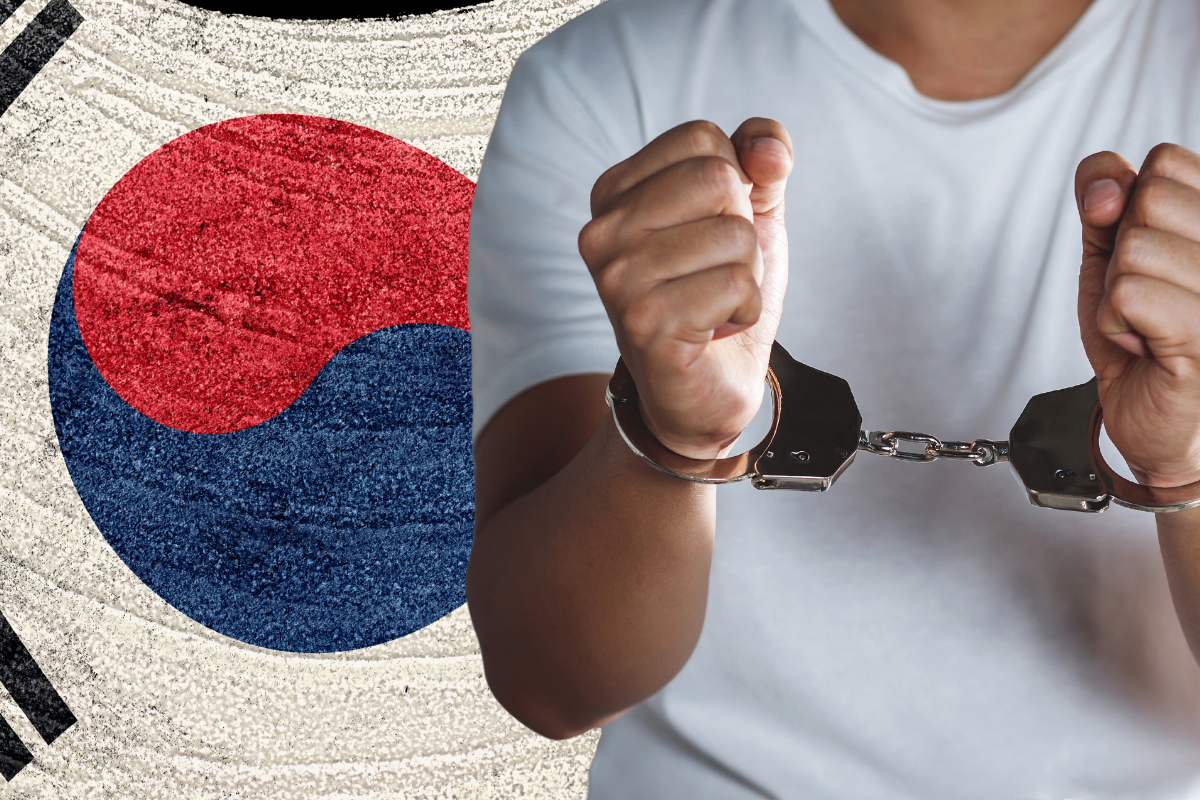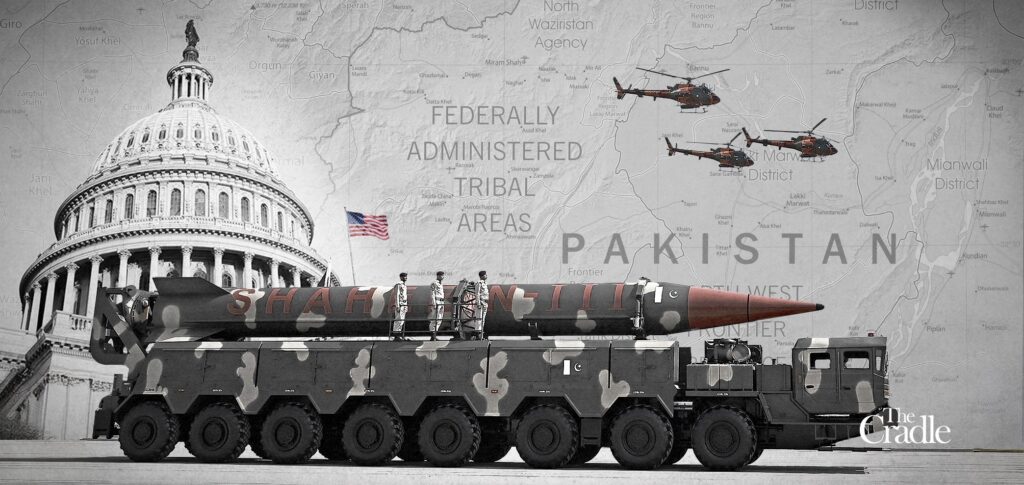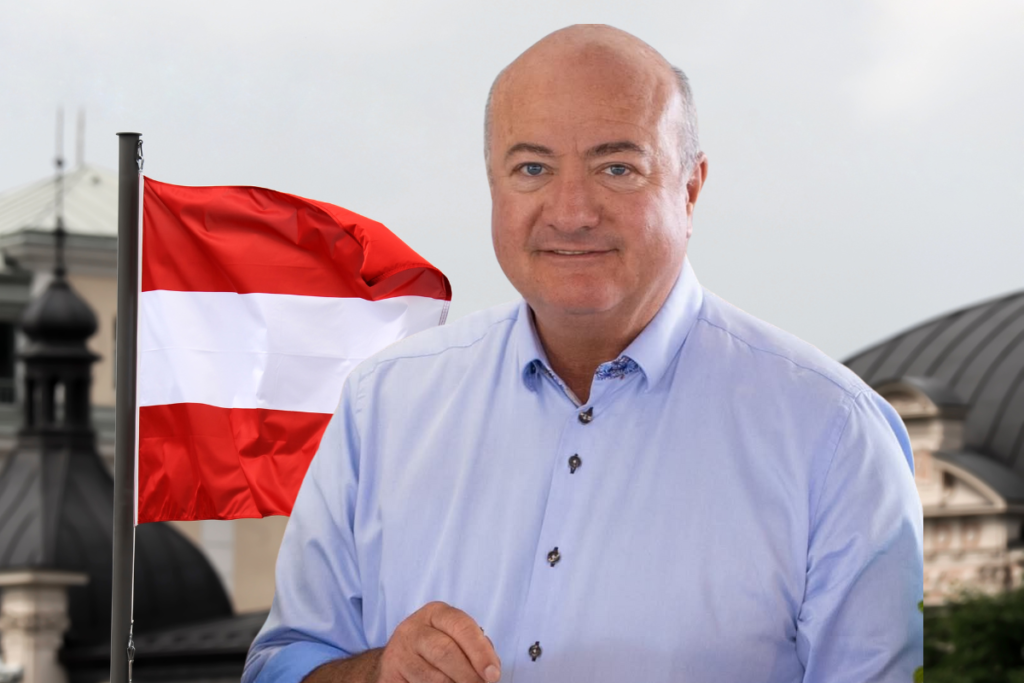In a dramatic escalation of South Korea’s political crisis, investigators entered the official residence of impeached President Yoon Suk Yeol in Seoul early Wednesday morning, marking their second attempt to detain him following his controversial declaration of martial law last month.
The operation began at about 4 a.m. local time. Law enforcement, including the CIO, used ladders to get over barricades set by the PSS. Despite these efforts, as of Wednesday morning, Yoon had not been apprehended, and negotiations with his legal team were ongoing.
President Yoon, who has been confined to his official residence since his impeachment on December 14, 2024, faces serious allegations of abuse of power and inciting insurrection. These charges stem from his abrupt imposition of martial law on December 3. The National Assembly quickly overturned it amid a public outcry.
The initial attempt to detain Yoon on January 3 resulted in a tense six-hour standoff between investigators and the PSS, ultimately ending without his arrest. In this latest effort, authorities faced strong resistance. Both the security detail and a large crowd of Yoon’s supporters, including his conservative People Power Party, opposed them.
Estimates suggest that nearly 6,500 supporters gathered outside the residence. They protested the arrest attempt and accused authorities of overreach. The political landscape remains deeply polarized, with Deputy Prime Minister Choi Sang-mok, serving as acting leader, urging all parties to avoid violent confrontations.
Yoon’s lawyers, however, want to suspend detention efforts. They propose to question him at a neutral location to prevent escalation.
The Constitutional Court has commenced deliberations on Yoon’s impeachment, a process that could take up to 180 days to determine whether he will be permanently removed from office or reinstated. The court’s first hearing was adjourned due to Yoon’s absence. His legal team cited attempts to detain him as the reason.
Public sentiment is sharply divided. While Yoon’s supporters decry the detention efforts as politically motivated, critics argue that his actions have undermined democratic institutions and the rule of law.
The situation has drawn international attention. People worry about South Korea’s democracy. As the arrest warrant remains valid for a limited time, authorities are under pressure to act decisively.
However, violent clashes and a deepening political divide threaten peace talks. The coming days are critical, as the nation awaits the Constitutional Court’s decision and the outcome of the ongoing standoff at the presidential residence.
In the interim, South Korea’s governance is in a state of uncertainty, with Deputy Prime Minister Choi Sang-mok at the helm. The world watches closely, hoping for a resolution that supports democracy and stability in the region.



